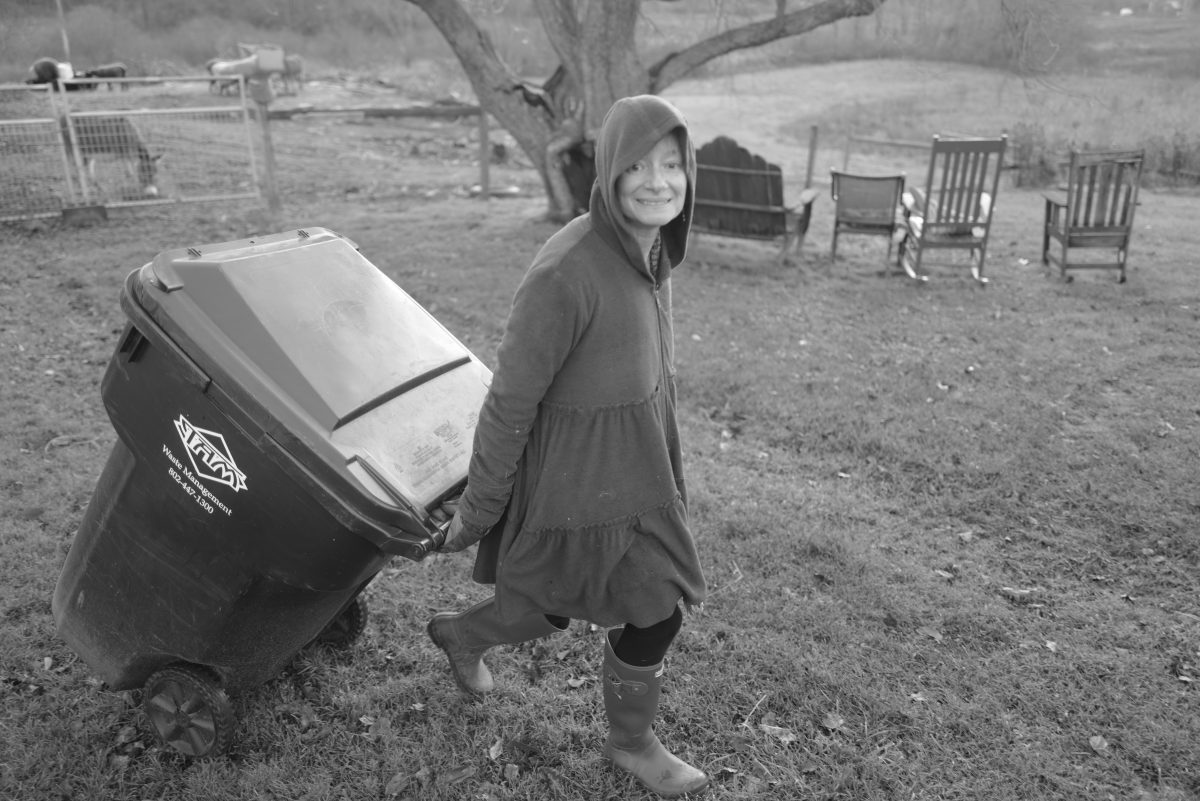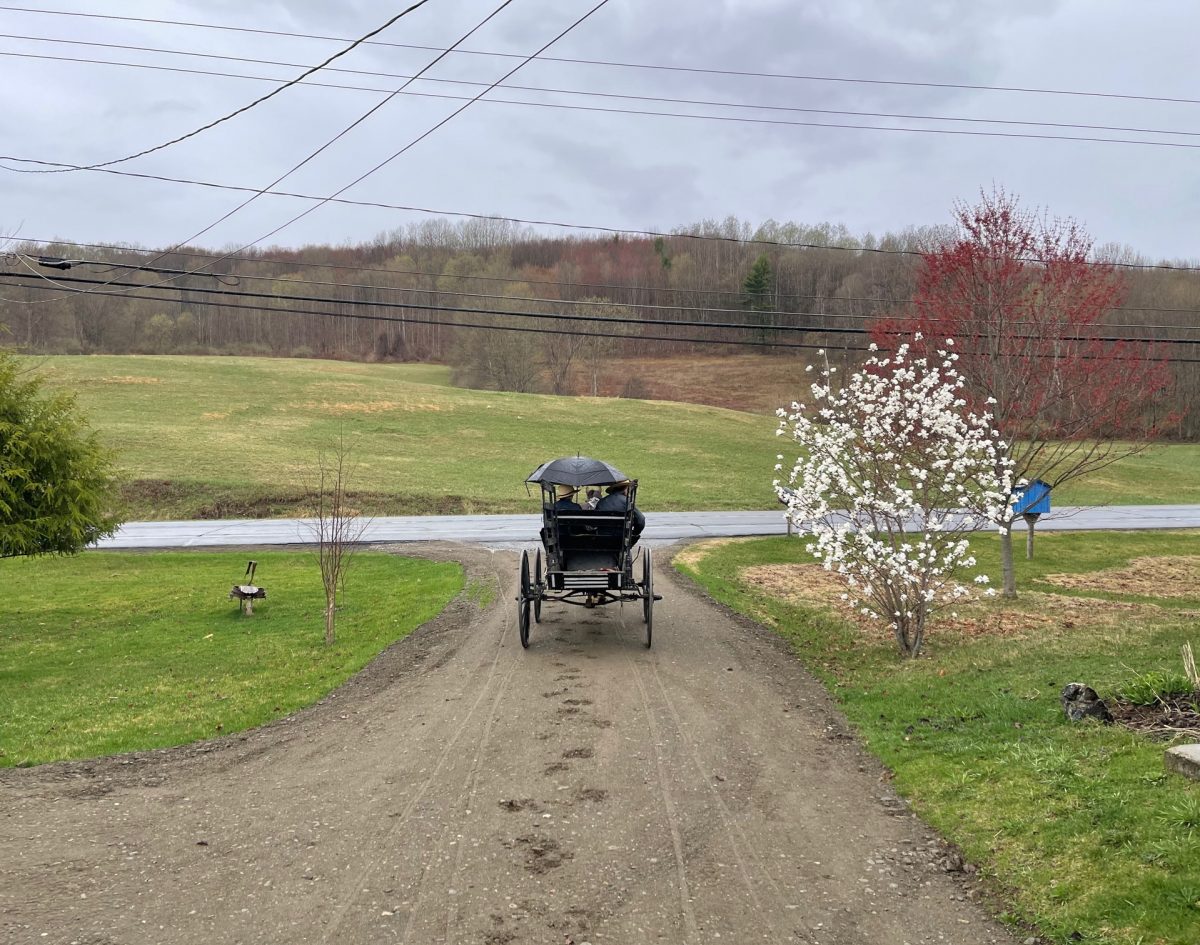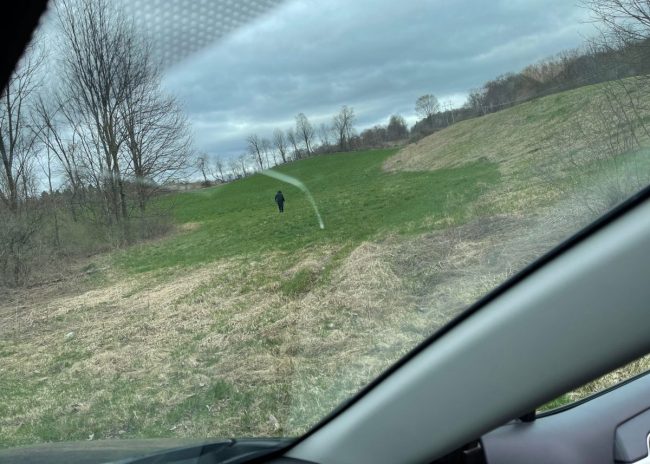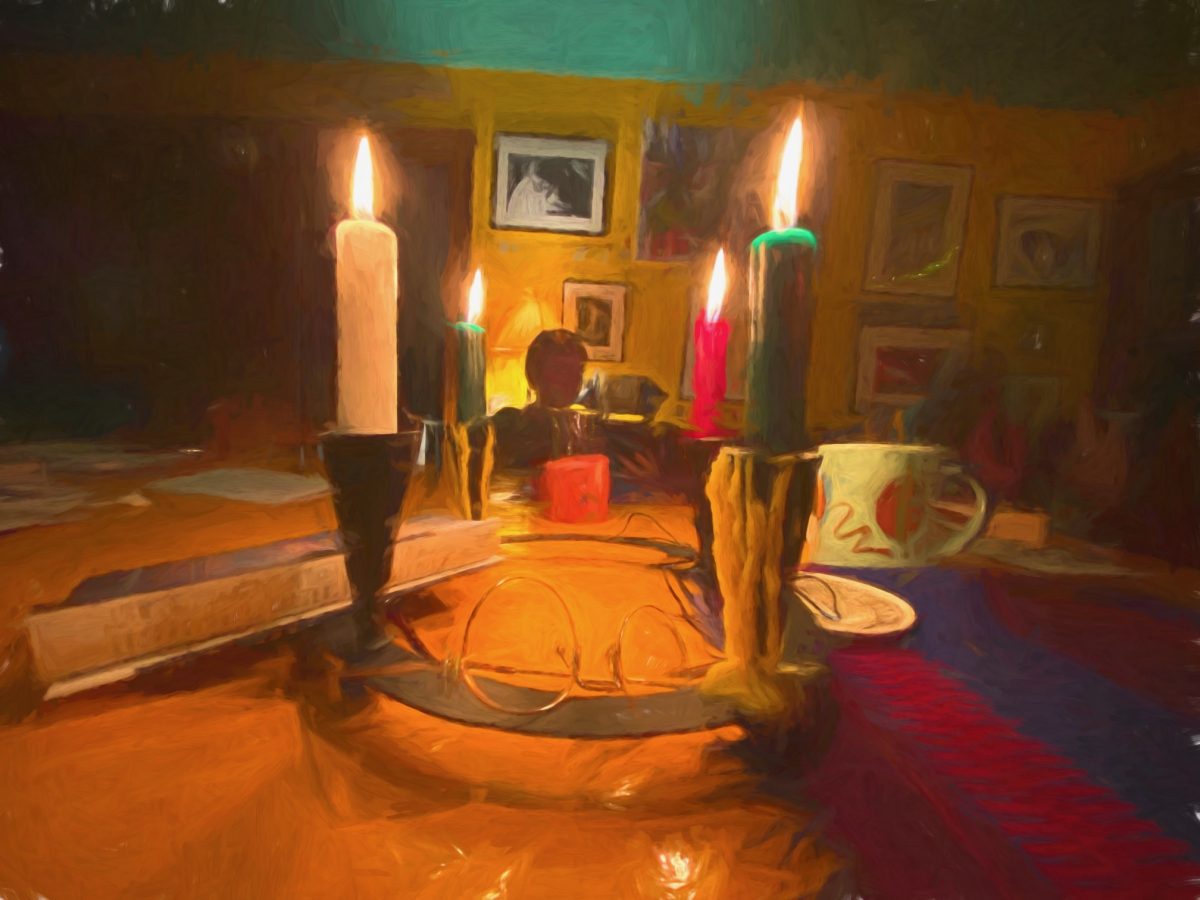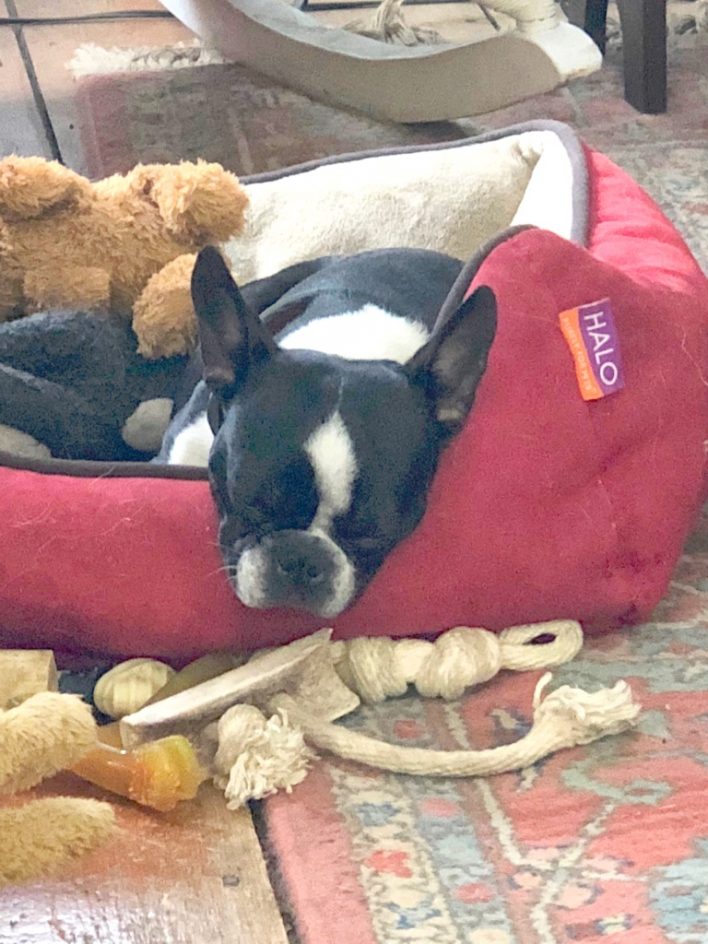“Wir mussen in Christus still halten.” We must reside quietly in Christ.” – from Amish writings.
Last week’s barn-raising was exciting and uplifting. It was also a powerful learning experience for me..
I am still mulling it over.
I want to share what I’ve learned before too much time goes by and I forget about it or get distracted.
The Amish workers went as quickly and quietly as they came, sometimes it seems like a dream, the barn raising was so unusual to see up close, it was so different from anything I’ve seen.
Despite the attention being paid to the raising, the Amish stayed within their close circle, people could watch them hammer and work, but they retreated within themselves for lunch, rarely spoke with spectators or mingled with them, and withdrew out of sight for dinner and at night.
When they weren’t working on the barn, they kept their isolation from the world beyond, their sense of being a people apart. This is something they never give up, no matter how friendly they may seem to visitors.
Moise is happy and proud, he is already moving onto the next thing, and I hope to move with him, in a limited way.
It is a remarkable thing to see what human beings are capable of doing when they work together and they understand what is being asked of them and when they work for things other than money.
Modern corporations simply do not generate the kind of loyalty, commitment, and challenge that I saw these Amish men show to me, to the scores of townspeople who came to watch, and to one another.
They were infused with joy and purpose, not dragged down by obligation and pressure, complaint and resentment.
For most people, work is a job. For the Amish, work is a gift from God, something that brings joy and fulfillment, something that makes them good people to help one another.
I think only faith and love can accomplish something like the barn-raising that I saw.
What I saw was a community that stresses individual liberation over the corporate community of believers outside their world.
These workers stressed enjoyment rather than suffering, assurance of salvation rather than hope, a subjective rater than submissive experience, a vocal rather than silent experience.
They all joyously embraced and demonstrated the powerful and mystical Anabaptist themes of Gelasseneit with its many connected meanings: resignation, calmness of mind, composure, staidness, the conquest of selfishness, the yielding to life, the silence of the soul, tranquility, inner surrender, equanimity, and detachment.
All of those Amish traits were visible during the raising.
Their creed, according to John A. Hostetler in Amish Society, is “We must reside quietly in Christ, (Wir Mussen in Christus still halten), “a common phrase in Anabaptist writings.
There was little talking or joking, everyone calmly and quietly went about their business, Eli the foreman keeping close watch from below. Things do sometimes go wrong, he told me.
What I learned:
First, I am reminded that faith, community, and family are the three things that life revolves around the Amish, nothing else matters as much. Everything they say, do, or think revolves around their church, their children, and their now long-standing traditions.
They live the life of people who wish to live and work together for the good of everyone and for a shared purpose. They do not argue about their practices, they practice them.
They seek to avoid the greed, distractions, violence, and chaos of the outside world, the Corporate Nation.
Raising a barn is a big deal, it takes time, money, inconvenience, planning, and vast experience. It requires fearless and agile people, strong and experienced workers, and people who will travel great distances without pay to help members of their community, again and again.
Without community, none of this would be possible, and outside of the Amish world, our sense of community seems to be splintering, even in the face of pandemic danger and death. The lessons of the Amisn gain in importance.
Their radically different values have caused me to reassess my own ideas about technology, politics, child-rearing, authority, friendship, and faith.
And it has affected me on a personal level. I am drawn to the idea of a quiet life in faith, even if I have no wish to become a Christian.
The arrival of the Amish into my world and my friendship with Moise Miller triggered a small earthquake in my life.
Maria says it also revealed my deep yearning for family. This was a surprise to me, even though I instantly knew it to be true. I see that I have never fully recovered from the death of my first two children decades ago.
My biological family is dead or scattered, or out of touch. The Miller family’s acceptance of me into their lives touched me deeply, it meant a great deal to me.
I didn’t know how deep that old wound still goes. No family can replace another in my mind, what is lost is lost, the but love of others can be healing and very powerful.
I wasn’t prepared for that, it seems to have shaken me up in mostly positive ways. It has opened me up and softened me in others, something a lot of readers of my blog have noticed and pointed out to me.
And I do feel lighter. And I do feel calmer. And I am less angry than I remember ever being.
The Amish are so different, so content, so full of faith, family, and meaning that it is not possible to move along from the barn-raising without thinking about my own life, my country, my gender.
In surprising ways, they have what we say we want, but don’t have. I could write about that forever.
Some other thoughts: I hope the Amish will one day be able to reassess their commitment to an absolute if soft, patriarchy.
This is a matter of their faith for them, not prejudice, and it isn’t for me to judge them or tell them what to do. I won’t do that.
But I have to be honest, I missed seeing women up there on those rafters building that barn.
That was the only discordant note for me in a day of awe and wonder.
None of the Amish women have complained to me or in front of me about their lives, about how segregated their work is from the men’s. Change rarely comes without discomfort, challenge, or protest.
I can’t say with certainty these women would have liked to be upon those platforms, it might just be my own prejudice.
They seem at ease with their lives, grateful for the security they have, and the seminal role they play in their families and communities.
It’s just my personal response, a feeling I had.
The patriarchy is also a wall, I think, that keeps many people – women, above all – from seeing past the patriarchy and exploring the things that make the Amish strong and content.
The Amish have stirred my imagination, they have some brilliant ideas about how to live securely and find contentment and meaning in life – a plain and humble life surrounded by people who care for them.
They love Mother Nature and are gentle with her, something we can’t yet figure out how to do.
They have a passion for the land and for farming that we have lost. They consistently remind of the farmer and poet Wendell Berry, and his call for a life on the land.
They have an understanding of animals that has slipped away from us.
They don’t smother their animals or their children with warnings and lectures. They let them live and learn from life. They let children be children and dogs be dogs.
I admire and respect the Amish women I have gotten to know. They are not browbeaten, brainwashed, or cowed. They are strong, smart, and proud.
There is nothing they couldn’t do if asked, including wielding banners on a roof.
Beyond those issues, I think the Amish barn raisings can help us learn how to live together again, and to work together for the common good, even as there are many elements in their faith that are not transferable or desirable to many of the people they call the “English.”
A democracy that can’t do that, can’t work together, can’t live in that way. But the Amish don’t tell us what to do, and I will not tell them what to do.
The hidden secret of the Amish is that they have taken two ideologies – Democratic Socialism and American Capitalism – and embraced both of them to build a dynamic, prosperous and generous society.
The barn raisings are egalitarian, every man is equal and shares the work. They are also economical, smart, and meticulously planned.
Capitalism is about making as much money as possible, socialism is about distributing wealth more equally. Just imagine what it would cost to hire a contractor to build a barn-like that in just a few days.
In our country, all ideologies but ours are suspect, including the dread socialist terror coming to take over our country we are told.
The Amish spread their wealth, reserve time for fellowship and community, have almost no bills of any kind to pay, free new homes, free health care when they need it, free time off, free child care, free education, fire and disaster insurance, and support when they were too old to work.
It is striking to me how closely Democratic socialist states resemble life in Amish communities. The big difference is that Democratic socialist states are far more democratic than Amish communities.
In either, there is little or no debt, no health care worries. In Amish communities, there is no violence, no divorce, no ruination from fires or natural disasters, no nursing home or assisted care, no bankruptcies, no starvation, hunger, homelessness, or unemployment.
Amish communities are no paradise. But the work does set them free. And wealth is shared, a common socialist idea.
How can we not learn something from what they have done?
Make no mistake about it.
The Amish are nice to people and to one another. They build a barn in just a few days without anyone raising a voice once in anger or irritation.
They are kind to people. They forgive people. They do not judge people. They do not yell at their children or dogs.
They respect the resources of Mother Earth and protect her from the ravages of other humans.
We could benefit greatly from studying how they live. I have. My friendship has taught me the difference between the generosity of spirit and mindless consumption and giving.
My time with the Amish and watching the raising has taught me to be less judgemental and more accepting, critical needs in our fractured world.
I’ve learned that I don’t have to listen to or answer people who would hurt me or speak cruelty to me or give them a voice in my life. That isn’t courage. It’s weakness and it only makes me cruel in return. That’s a big lesson to me.
It has taught me to consider what it is I need as opposed to what it is I want.
It has taught me the power of learning by example rather than threat and intimidation.
I have learned powerful lessons in acceptance and of the power of genuine and sincere faith.
There are benefits to patriarchy, obviously.
Decisions are made and followed, the Amish are not paralyzed as the “English” are by dissent, conspiracy, dishonesty, and self-interest.
But we pay for our freedom. We can barely function at all as a country because there is no one most of us believe in or listen to.
For this control, the Amish also pay a price. There is no right to challenge, to disagree.
Obedience equals efficiency, Democracy equals a squabbling mess. But I’m with H.L. Mencken. Democracy is our mess, the best mess in the world to embrace. There is no better mess that I know of.
Trumpism has sadly proven Thomas Jefferson’s wisdom and foresight when he warned that the greatest danger to the American experiment was not a King, but an angry and ignorant mob in the thrall to a vicious and skilled demagogue.
Jefferson’s nightmare is now before us, and our future as a democracy will ride on the way in which we all respond.
I kept thinking the barn raising was the complete opposite of Trumpism: no whining, no grievance, no scapegoats, no second-guessing or argument.
It is confusing for me to see a culture that works so well and functions so efficiently and is so shockingly resilient in a time of immense change.
I wonder what I can take from it. I have already taken some things from it.
The Amish are helping me continue my determination to accept life as the fates bring it, not as I would necessarily like it to be.
That is quite a gift. I don’t believe God is watching over me so closely as the Amish do, but I am more determined than ever to live in the now, and accept the life I am given.
Like everybody else, I can’t imagine being Amish or joining the faith, nor is there any evidence they would want someone like me, who is sure to be a troublemaker and rebel in such an obedient system.
If I admire them so much, even love them, then why wouldn’t I want to become one?
I think I know the answer to that. I love democracy, I love the argument, the sense of freedom, the struggle over ideas, the never-ending battle for equality, the choices, and the safety and security it has brought me in my lifetime.
This chaotic culture is a part of who I am. I can’t be anyone else, not at my age. And I don’t want to be.
But still, I am committed to not sitting in judgment on the way other people choose to live.
I do not dislike them, I do not disapprove of them, I do not believe I am superior to them in any way.
Moise is my friend, and I am grateful for his presence in my life, he has taught me more in a few months than my parents did in years. I hope our friendship lasts forever, I will do what I can to make that so.
And the curious part of it is that Moise wouldn’t be bothered one bit by my hesitations and concerns. The Amish don’t permit a lot of junk to enter their consciousness, there is no Fox News or CNN.
Moise does what Jesus Christ and God ask him to do, not what other people think he should do
He doesn’t judge other people. He doesn’t try to tell me what to think or what to do. And he doesn’t read my blog.
But still…I’m not the one to accept everything from anything. I’m a genetic skeptic and doubter. I am wary of certainty, and especially of self-righteousness.
The Amish system requires absolute obedience at all times.
It also requires women to focus on traditional women’s roles – cooking, sewing, quilting, gardening, housekeeping, selling produce, and baking donuts and pies.
I believe in freedom and I believe in equality, those two things have been bred into me. They can’t be reconciled with the way the Amish choose to live.
That doesn’t mean I can’t know them and love them. It just means I can’t love everything about them.
In fairness, they don’t love everything about me and do not judge me for it or turn me away. I appreciate that. I’ve learned from that.
Those two things keep me from fully embracing people who are good and honest and hard-working and full of faith, generosity, love of the land, love of family, love of God, and who are bristling with enterprise and innovation.
They have brought our farm culture back to life. Horses are working with people again, crops are growing in long-dead fields.
It is stunning what they have done with their faith, bare hands, and plain and simple tools.
Their love for one another has brought me to tears more than once, as has the image of Amish workers coming from all over to build a barn for another family. It happens all the time in their world.
What waste anger, labels, argument, division, partisanship, and hatred are, what did they ever build?
There are a lot of lessons that have come to me from the Amish. I very much look forward to learning whatever I can from them and taking what is good for me.
I hope in some ways I can one day do the same for them.

